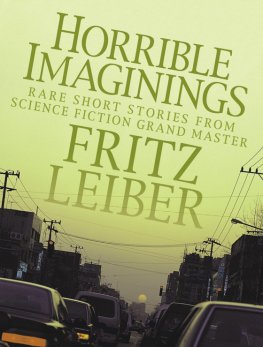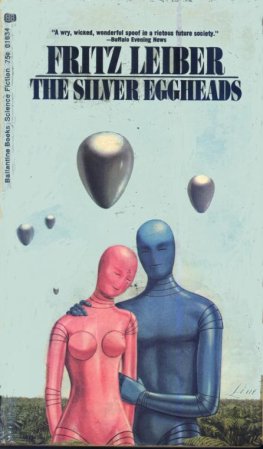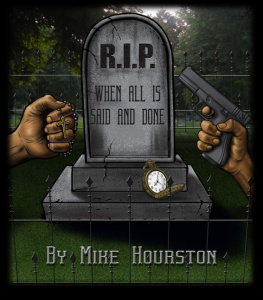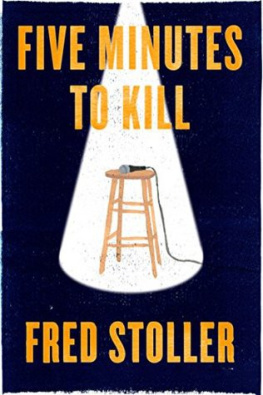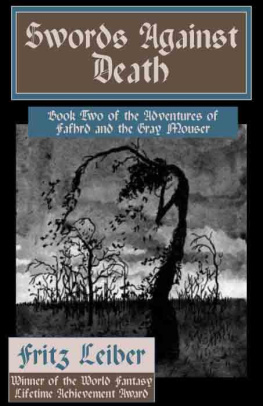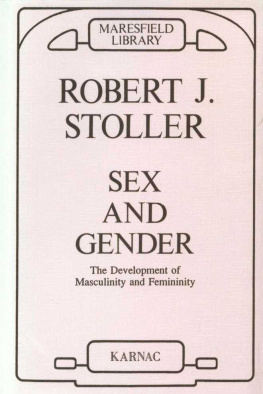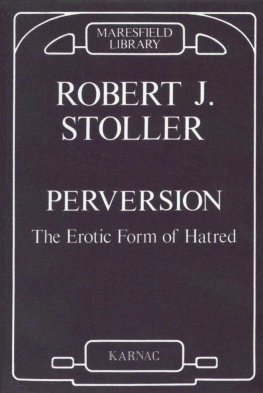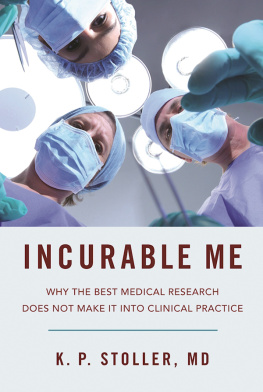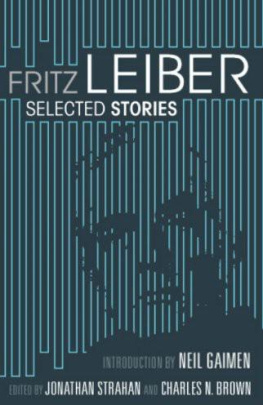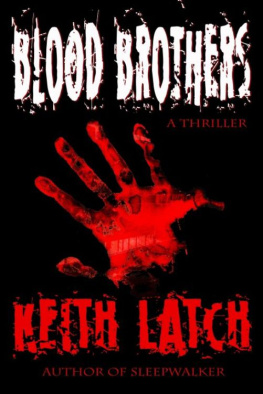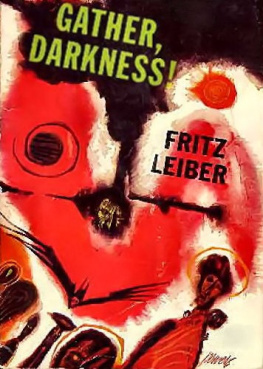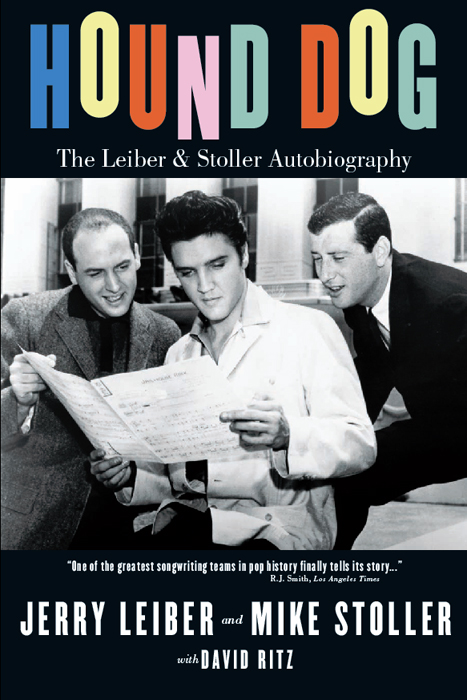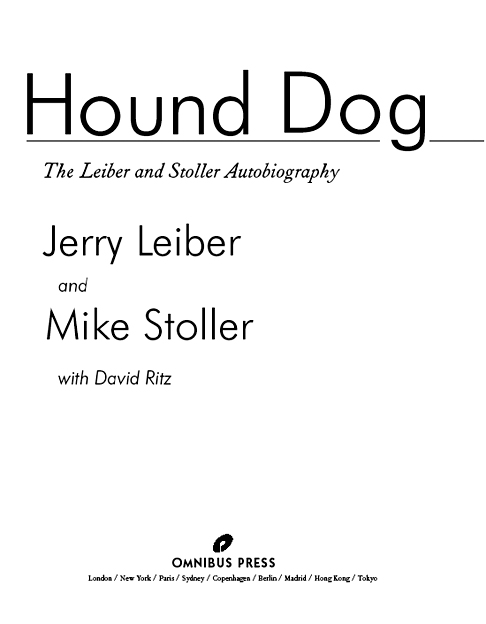Praise for Hound Dog
One of the greatest songwriting teams in pop history finally tells its story. Together they come up with one of the more breezily entertaining music books in years.
R. J. Smith, Los Angeles Times
Their remarkable story is long overdue.
Andy Greene, Rolling Stone
Leiber and Stoller were among the pioneers who helped bring black and white musical forms together. It has been a historically fraught process, but the collision of cultures is probably what has given such energy and tension to American music. Hound Dog is an important part of that story.
Jim Windolf, The New York Times Book Review
Leiber and Stoller helped spearhead the transition from R&B to rock in the 50s, going on to compose more hits than any duo not named Lennon and McCartney. The highs and lows of that seminal, soon-to-be-big-business era are catalogued in flamboyant detail in this new, page-turning autobiography. Great insider memories.
Steve Morse, The Boston Globe
Two big-city boys set out to write the blues. And somehow, they ended up as founding fathers of a new music called rock n roll. Hound Dog stands as a compelling piece of oral history.
Michael E. Young, The Dallas Morning News
Like their best songs, Hound Dog is short, snappy, colorful, funny, a little rude and you might even be able to dance to it.
Steven Gaydos, Variety
Sharp and funny.
Allen Pierleoni, The Sacramento Bee
A vividly colorful portrait of two wild and cool cats whose dreams could not possibly have been as big as their lives and legacy turned out to be.
John Kehe, The Christian Science Monitor
Here is a book the world has needed for many decadesJerry Leiber and Mike Stollers own story in well-arranged, wildly readable words. Short, punchy, as irresistible as a Leiber/Stoller song. One of the indispensable books of 2009 as well as one of the most rollickingly pleasurable.
Jeff Simon, The Buffalo News
The book Hound Dog hammers along at the same pace as the song.
Geoff Brown, Mojo
Copyright 2009 Jerry Lieber and Mike Stoller
This edition 2010 Omnibus Press
(A Division of Music Sales Limited, 14-15 Berners Street, London W1T 3LJ)
ISBN: 978-0-85712-494-4
Designed by Paul Dippolito
The Author hereby asserts his / her right to be identified as the author of this work in accordance with Sections 77 to 78 of the Copyright, Designs and Patents Act 1988.
All rights reserved. No part of this book may be reproduced in any form or by any electronic or mechanical means, including information storage and retrieval systems, without permission in writing from the publisher, except by a reviewer who may quote brief passages.
Every effort has been made to trace the copyright holders of the photographs in this book, but one or two were unreachable. We would be grateful if the photographers concerned would contact us.
A catalogue record of this book is available from the British Library.
For all your musical needs including instruments, sheet music and accessories, visit www.musicroom.com
For on-demand sheet music straight to your home printer, visit www.sheetmusicdirect.com
For Corky,
Amy,
Peter & Tricia,
Adam & Sharon
Mike
For Jed,
Oliver, &
Jake
Jerry
In memory of Joel Dorn
David
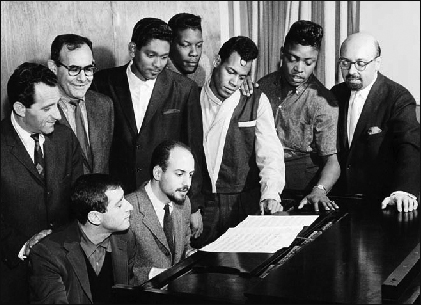
Standing (left to right): Lester Sill, Jerry Wexler, The Coasters (Carl Gardner, Will Dub Jones, Billy Guy, Cornell Gunter), Ahmet Ertegun. Seated: Jerry Leiber, Mike Stoller.
Contents
You know, gentlemen, no matter how many beautiful songs you write or how many other major achievements you may realize in your lifetimes, youll always be remembered as the guys who wrote Hound Dog.
Nesuhi Ertegun
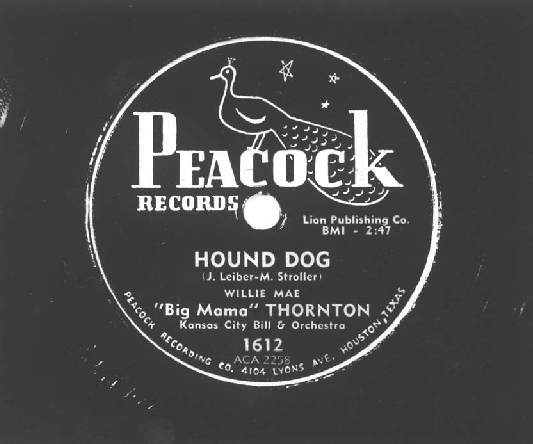
1
East Coast Roots
Leiber Hey, man, how bout a poke? I asked.
Here you go, bruz. Just keep it dry. Know what I mean?
Yeah, I know what you meandry.
We slapped each other five and laughed. Dunbar was my asshole buddy in life, a black dude who taught me how to fight the Polacks down the street.
Stoller I slipped in the back door of the barn. I slipped in quietly because I didnt want to be noticed. And I didnt want to disturb the man playing the piano. I was eight years old, at a sleepaway camp in New Jersey, and hearing boogie-woogie for the first time.
The piano player was a black teenager. He seemed to rock with the rhythm as he played a beat-up upright piano. He was playing for himselfplaying his heart out. Boogie-woogie was a new and magical world for me. I was instantly in love with it. I wanted to be able to play it and be part of it.
I stood in a dark corner of the barn, hidden from the pianist. I thought if he saw me, hed stop playing, and I didnt want him ever to stop. I stayed for his entire solo session. Time flew. The flying notes made me dizzy. So much was happening at once.
I cant explain why, but the music was changing me. If sounds could be this exciting, I had to be part of the excitement. Camp was exciting because of the ethnic mix. In 1941, only a strong, politically left-leaning kids camp would implement the integration of black and white children. Only a strong left-leaning kids camp would invite Paul Robeson to sing Negro spirituals and Hebrew folk songs. And only a strong left hand could play this boogie-woogie that was changing my life.
Leiber One afternoon I went to the home of Uncle Dave, who had a large gray stone house in the Druid Hills section of Baltimore. Uncle Dave had always looked down on my dad, a door-to-door milkman who died penniless. He looked down on my mom, and he also looked down on me. Still, Uncle Dave gave students room and board in exchange for small chores, such as giving piano lessons. And I wanted to learn piano.
It was springtime. I ran up the four flights of stairs that led to the attic where he stored an old Bsendorfer upright. Through the panes of the octagonal window, I could see the spreading branches of the great oak tree, alive with green buds. I was alive with green buds, too. I was taken with my teacher, Yetta Schlossberg. She was seriously ugly, but she had the most beautiful gams in Christendom. Her knees were peeping out from the piano. When she crossed them, the sound of nylon rubbing against nylon excited me, even if I was too young to understand why.
Before we start, said Yetta, sensing my excitement at the sight of her legs, let me hear a little bit of that boogie-woogie youve been playing.
I tried my best to play boogie-woogie, but I couldnt.
Try again, said Yetta, only this time, slow down the tempo a bit. Your left hand is playing faster than your right. Its racing.
I tried again as best I could. A couple of minutes into it, though, the door burst open and there stood my uncle, his eyes popping out of his head and neck veins bulging. Without warning, he violently slammed down the wooden keyboard cover. I almost didnt get my hands away in time. If I hadnt, he would have crippled me.


